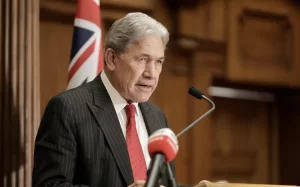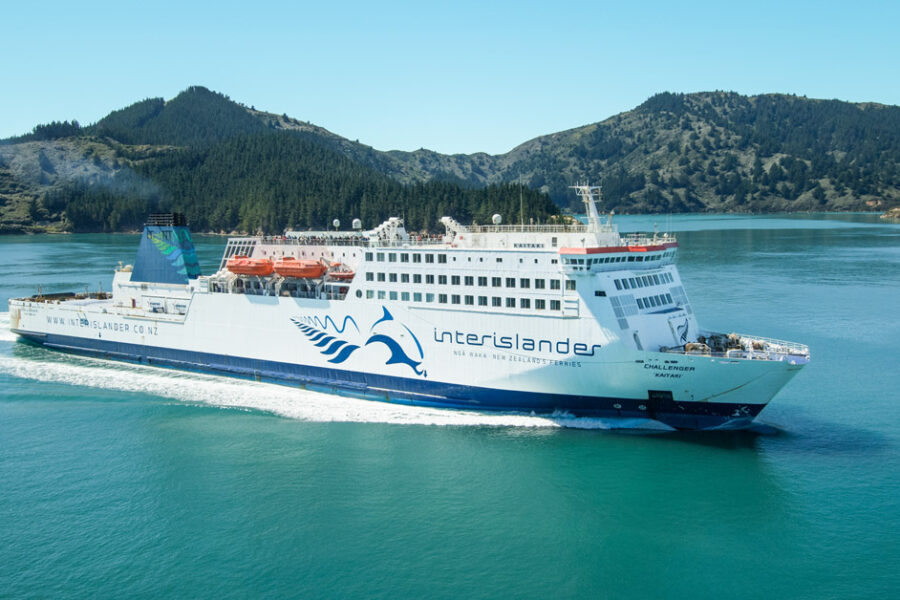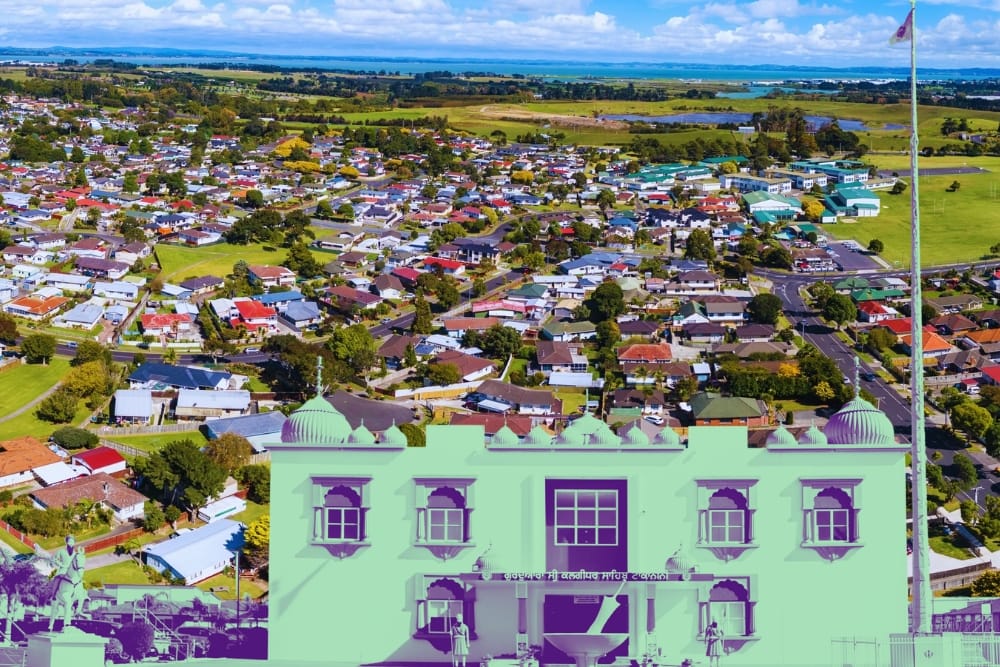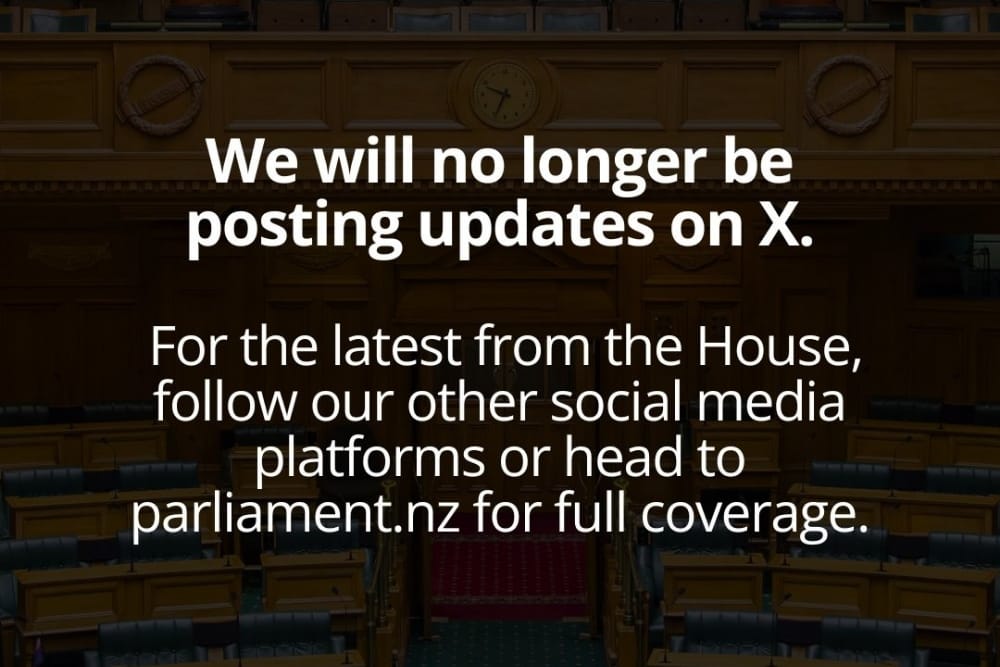by Mike Bain- The Daily Examiner.
Two new rail-enabled ferries are set to replace the ageing Cook Strait fleet by 2029, a timeline that coincides with the current fleet’s end-of-life. Rail Minister Winston Peters announced the plan on Tuesday, emphasizing that the new ferries would be “significantly cheaper” than Labour’s iRex project.
The National-led Government ditched Labour’s iRex project in December 2023 due to a cost blowout in portside infrastructure. At the same time it cancelled an order for two large rail-enabled ferries and the Government has been working to develop a new plan to replace the Interislander ferries since.
However, Peters refrained from disclosing whether the costs exceeded the alternative plan proposed by Finance Minister Nicola Willis in December.

Peters highlighted cost savings in Wellington port infrastructure but did not reveal the overall budget.
The ferries, designed to carry 1500 passengers, 40 rail carriages, and 2.4km of road traffic lanes, are smaller than the iRex ferries, which Peters claimed would reduce infrastructure expenses. He also noted that a competitive tender process demonstrated road-and-rail ferries were more cost-effective than road-only options.
The announcement has drawn mixed reactions.
Opposition parties criticized the lack of transparency and detail, with some labeling the project an “omnishambles” and questioning the timeline for procurement and construction.
National’s Transport Minister Simeon Brown expressed cautious optimism, stating, “It’s great to have a plan in place,” but emphasized the need for a commercially sensitive approach to ensure taxpayer value.
Road user groups, including Transporting New Zealand, voiced concerns over delays, citing risks to the road freight industry and the economy.
Advocacy lead Billy Clemens stressed the importance of maintaining competition and capacity across the Cook Strait, given the $30 billion in freight transported annually. Freight operators also criticized the timeline, with Booth’s Logistics CEO Dallas Vince calling for more immediate progress.
Transport companies like Mainfreight expressed frustration over their exclusion from decision-making, warning that the absence of rail services could lead to increased road congestion and strain on infrastructure.
Greater Wellington Regional Council chairperson Daran Ponter said he was “extremely pleased” with Peters’ plans but said each extra year serving the Cook Strait heightened the risk of issues in the existing three ferries.
“The big issue for me is, what happens when they break down in the Cook Strait,” he said.
Maritime Union national secretary Carl Findlay hailed Peters’ announcement as a “victory for common sense” while Port Marlborough chief executive Rhys Welbourn called it a “significant step forward”.
The current fleet, including the Aratere, Kaitaki, and Kaiārahi, will continue operating with servicing until 2029.
However, concerns remain about the reliability of the ageing vessels, highlighted by incidents such as the Kaitaki’s power loss in 2023, which nearly resulted in disaster.
While the announcement marks a step forward, stakeholders across the political and transport spectrum are calling for greater clarity, urgency, and collaboration to ensure the Cook Strait connection remains resilient and efficient.
Let me know if you’d like further adjustments!







